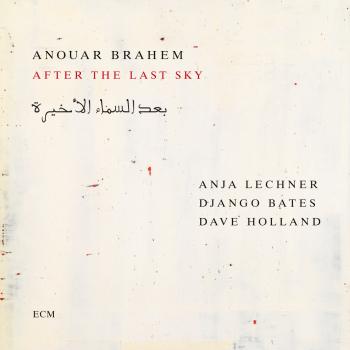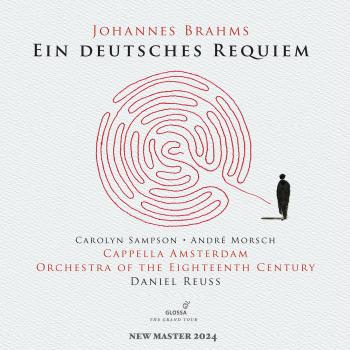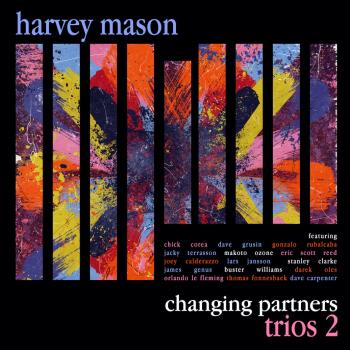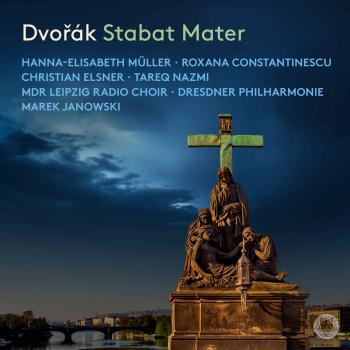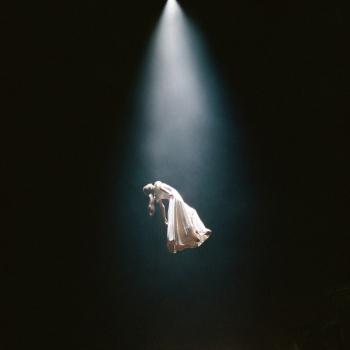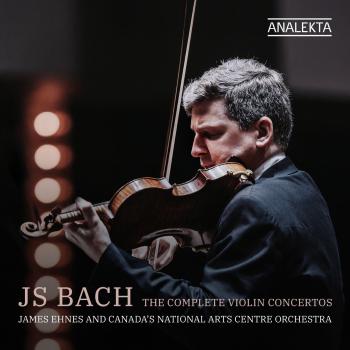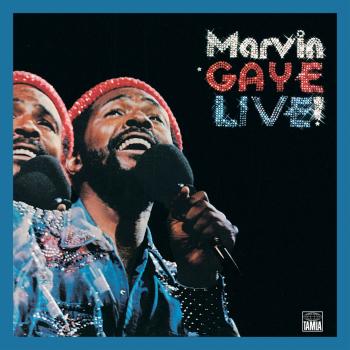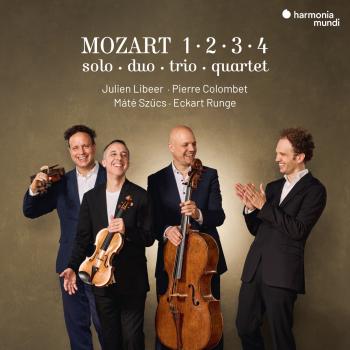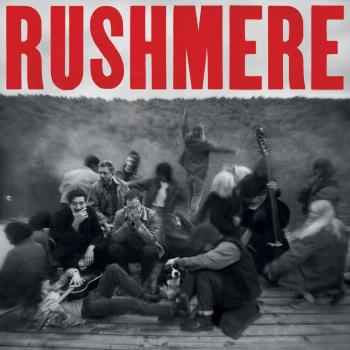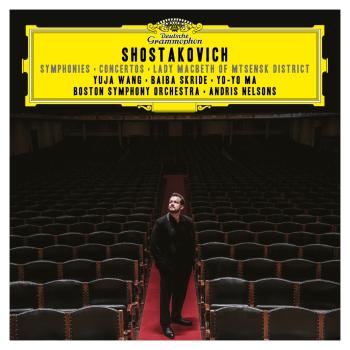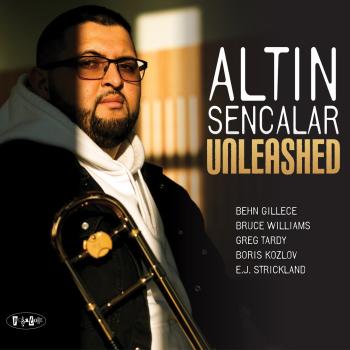Collegium Vocale Leipzig, Philarmonischer Chor Dresden, Merseburger Hofmusik & Michael Schönheit
Biography Collegium Vocale Leipzig, Philarmonischer Chor Dresden, Merseburger Hofmusik & Michael Schönheit
Susanne Bernhard
The soprano Susanne Bernhard, who comes from Munich, received her training at the HMT in Munich and was involved in numerous productions of the Bavarian Theater Academy. She was promoted as a young talent by August Everding and made her debut in 1997 as "Susanna" in Mozart's "Le nozze di Figaro" in the Prinzregententheater in Munich. Immediately after completing her studies, she became a member of the ensemble at the opera house in the state capital Kiel. She has been heard as a guest at several opera houses, for example at the Frankfurt Opera and the Dresden Semperoper. Most recently, she made her debut with the role of "Leonore" from Beethoven's "Fidelio" at the Bregenz Theater under the direction of Karsten Januschke, as well as with the Stavanger Symphony Orchestra under the direction of Markus Stenz.
Her diverse engagements as a concert singer have led her to work with well-known conductors such as Enoch zu Guttenberg, Thomas Søndergård, Semyon Bychkov, Daniel Harding, Andrew Manze, Markus Poschner, Neeme Järvi, Paavo Järvi, Kristjan Järvi, Jukka-Pekka Saraste, Ralf Otto, Yutaka Sado, Eiji Oue, Helmuth Rilling, Thierry Fischer, Marin Alsop, Marcus Bosch and Michael Sanderling.
Susanne Bernhard is a frequent guest at renowned orchestras and festivals, particularly with works by Richard Strauss (for example his “Four Last Songs”), Verdi’s “Messa da Requiem”, Beethoven’s “Missa solemnis” and the “9th Symphony”, as well as works by Gustav Mahler and Antonín Dvořák. She has repeatedly collaborated with the Radio Philharmonic Hannover, the WDR Symphony Orchestra, the Bavarian Radio Symphony Orchestra, the Munich Radio Orchestra, the OSESP Orchestra São Paulo, and the Royal Liverpool Orchestra.
In March 2022, Susanne Bernhard made her debut with Verdi's "Messa da Requiem" with the Berlin Philharmonic under the direction of Daniel Barenboim. Upcoming engagements include concerts with the Royal Liverpool Philharmonic Orchestra (Andrew Manze), a concert tour with Beethoven's "Missa solemnis" (Prof. Ralf Otto), several concerts under the direction of Markus Poschner, including Beethoven's "Missa solemnis" at the Vienna Musikverein, Schönberg's "Gurre-Lieder" with the Prague Philharmonic Choir, and Mahler's "2nd Symphony" with the OSESP Orchestra São Paulo under the direction of Thierry Fischer.
Numerous radio and CD recordings document her artistic work.
Kathrin Göring
studied singing in Leipzig and Dresden, graduating with distinction. She was a scholarship holder of the German Music Council and won various singing prizes at international singing competitions. She was a member of the European Union Opera, with whom she performed at the Festspielhaus Baden-Baden and in Paris. A busy concert schedule took her to Monaco, Nice, Hanover, Leipzig and Munich, and guest engagements took her to the Deutsche Oper Berlin, the Deutsche Oper am Rhein, the Aalto Musiktheater Essen, the Chemnitz Opera House, the Kiel Theater and Bremen. Kathrin Göring has worked with conductors such as Peter Schneider, Stefan Soltesz, Ulf Schirmer, Frank Beermann and Christophe Rousset. She has been a permanent member of the Leipzig Opera ensemble since 2001. There she has played roles such as Sextus (Titus), Mrs. Grose (Turn of the Screw), Rosina (Il barbiere di Siviglia"), Donna Elvira (Don Giovanni), Dorabella (Così fan tutte), Romeo (Romeo and Juliet), Composer (Ariadne auf Naxos), Octavian (Der Rosenkavalier), Fricka and Wellgunde (Das Rheingold), Fricka and Waltraute (Die Walküre), Kundry (Parsifal), Venus (Tannhäuser) and Adriano di Colonna in Rienzi. Her repertoire also includes parts such as Mother (Hansel and Gretel), Judith (Bluebeard's Castle) and Fox (The Cunning Little Vixen). In April 2016, Kathrin Göring made her brilliant debut as Waltraute in the new production of Götterdämmerung at the Leipzig Opera. New to her repertoire is Countess Geschwitz in Lulu. In 2017, she appeared on stage for the first time in Tokyo with Wagner's Wesendonck Lieder with the New Japan Philharmonic. Kathrin Göring was seen for the first time at the Semperoper Dresden last season as Maddalena in Rigoletto. In the current season, she is on the stage of the Semperoper as the Second Lady in The Magic Flute.
Michael Schönheit
born in Saalfeld, received his first musical training from his father Walter Schönheit and was a member of the Thuringian Boys' Choir. From 1978 to 1985 he studied conducting, piano and organ at the Felix Mendelssohn Bartholdy Academy of Music. In 1984 he won the International Johann Sebastian Bach Competition in Leipzig.
From 1985 to 1991 he worked as an organist and cantor in Saalfeld. In 1986 he was appointed Gewandhaus organist. Here his sphere of activity includes the design of the Gewandhaus organ concerts, participation in the Gewandhaus chamber music and appearances as a soloist with the Gewandhaus Orchestra. From the beginning of his career, the respective seasons have been particularly characterized by thematic cycles. On the occasion of the 300th anniversary of Dietrich Buxtehude's death, the ensemble "Merseburger Hofmusik", which he founded in 1998 and plays on instruments with old scales, and well-known soloists performed the complete cantatas and organ works of this master in the Gewandhaus. This three-year concert cycle was completed on May 9, 2007. In the 2008/2009 season, he dedicated a six-evening concert cycle to the anniversaries of Joseph Haydn, Georg Friedrich Händel and Felix Mendelssohn Bartholdy, which he performed together with the "Merseburger Hofmusik" and the Leipzig Gewandhaus Choir.
The 2009/2010 Gewandhaus organ season was dedicated to the 325th birthday of Johann Sebastian Bach, while the 2010/11 season was dedicated to the 200th birthday of Franz Liszt. Under the direction of Riccardo Chailly, a number of premieres and first performances of concerts for organ and orchestra have taken place in recent years.
The most recent example is the premiere of the Symphonic Scene for Organ and Orchestra by Thomas Daniel Schlee in the Leipzig Gewandhaus and in the Golden Hall of the Vienna Musikverein in March 2013.
Since 1994, Michael Schönheit has been the artistic director of the Merseburg Organ Festival, which has developed into one of the leading organ festivals in Germany. Since 1996, Schönheit has also been cathedral organist in Merseburg. He also oversaw the extensive restoration of the unique cathedral organ built by Friedrich Ladegast in 1853-55. Since 2004, this world-famous instrument has been heard again in its original sound in church services, the Saturday series "Orgelklang 12", the Merseburg Cathedral Music and the Merseburg Organ Days.
From 1998 to 2005 he led the Carl Philipp Emanuel Bach Choir in Hamburg, with which he performed numerous works of oratorio literature from the 18th and 19th centuries.
Schönheit is currently leading an organ class at the Nuremberg University of Music. He is a jury member at numerous international competitions.
Michael Schönheit is also a sought-after guest organist. His concert activities extend beyond European countries to the USA and Japan.
As a soloist, he has performed with the Gewandhaus Orchestra, such as the Saxon State Orchestra Dresden, the Munich Philharmonic, the Konzerthaus Orchestra Berlin, the Dresden Philharmonic, the MDR Symphony Orchestra, the Orchestra dell' Accademia Nazionale di Santa Cecilia Rome, the New York Philharmonic Orchestra and many others.
With his ensemble "Merseburger Hofmusik" he has performed several times in recent years at the Hamburg Michel, the Hamburg Music Hall and at numerous festivals, such as the Schleswig-Holstein Music Festival, the Handel Festival in Halle, the Telemann Days in Magdeburg and the annual Bach Festival in Leipzig. In 2009 there was an extremely successful performance of the rarely performed opera "Richard I" by Georg Friedrich Handel, arranged by Telemann for Hamburg, which was followed by further performances in 2010.
In addition to his work as an organist and ensemble leader, Schönheit has devoted himself to the historical fortepiano for many years. Since 2006 he has been playing a historical fortepiano made by John Broadwood in 1805 and since 2010 an instrument from the workshop of Franz Bayer, Vienna, from around 1820.
Radio, television and numerous CD productions complement his diverse artistic work. In recent years MDG has released two highly acclaimed CDs with works by Franz Liszt, recorded on the Merseburg organ, as well as a recording with the major premieres of organ works by Liszt, Reubke and Reger in Merseburg Cathedral, and in 2007 a recording with works by Leipzig composers on the Gewandhaus organ.
At the beginning of 2010 Decca released a recording of the Six Brandenburg Concertos by Johann Sebastian Bach with the Gewandhaus Orchestra under Riccardo Chailly, in which Michael Schönheit took on the harpsichord solo part of the 5th Brandenburg Concerto. He has a connection with Gotthold Schwarz.

